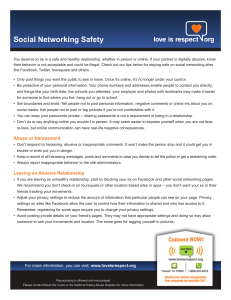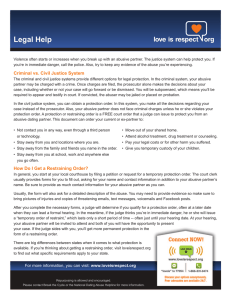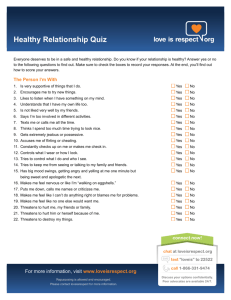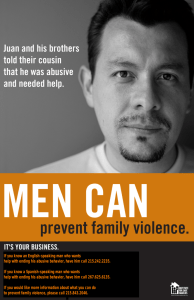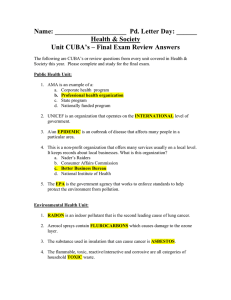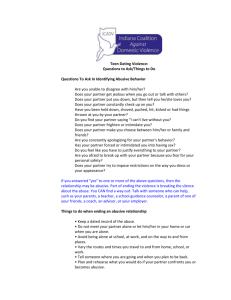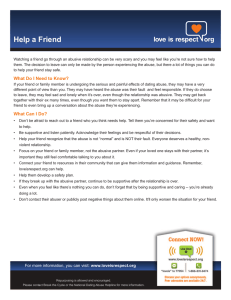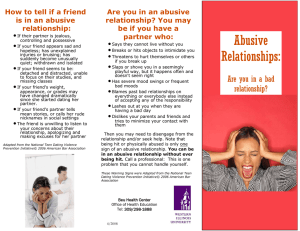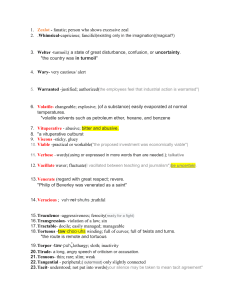Living With Your Abuser
advertisement
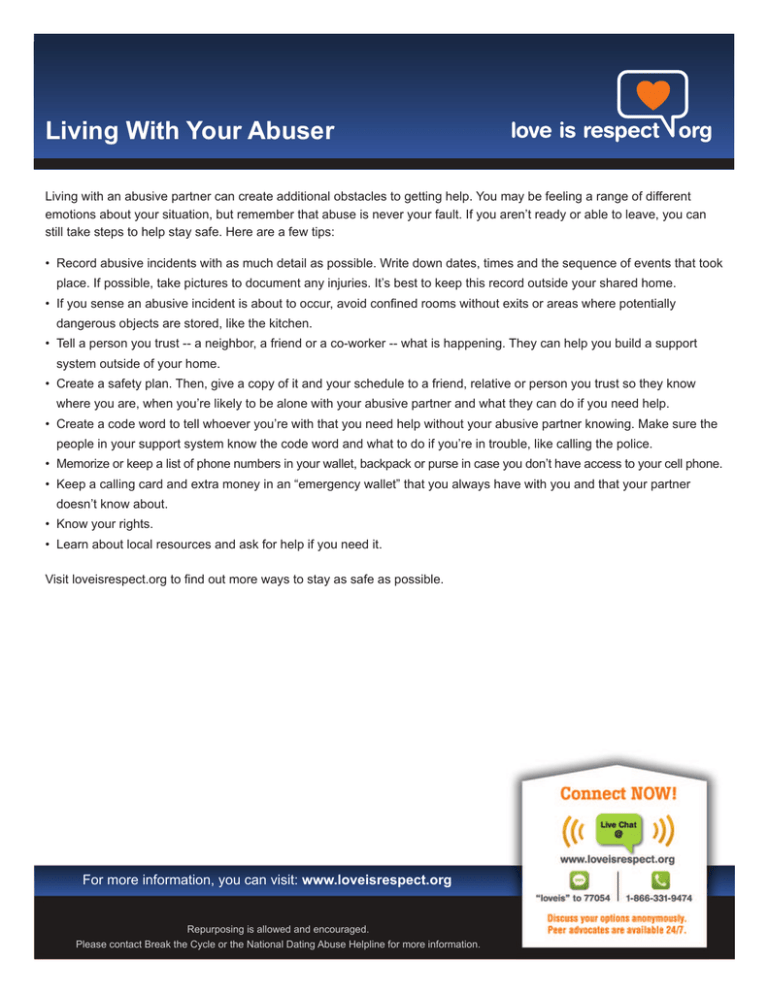
Living With Your Abuser Living with an abusive partner can create additional obstacles to getting help. You may be feeling a range of different emotions about your situation, but remember that abuse is never your fault. If you aren’t ready or able to leave, you can still take steps to help stay safe. Here are a few tips: • Record abusive incidents with as much detail as possible. Write down dates, times and the sequence of events that took place. If possible, take pictures to document any injuries. It’s best to keep this record outside your shared home. • If you sense an abusive incident is about to occur, avoid confined rooms without exits or areas where potentially dangerous objects are stored, like the kitchen. • Tell a person you trust -- a neighbor, a friend or a co-worker -- what is happening. They can help you build a support system outside of your home. • Create a safety plan. Then, give a copy of it and your schedule to a friend, relative or person you trust so they know where you are, when you’re likely to be alone with your abusive partner and what they can do if you need help. • Create a code word to tell whoever you’re with that you need help without your abusive partner knowing. Make sure the people in your support system know the code word and what to do if you’re in trouble, like calling the police. • Memorize or keep a list of phone numbers in your wallet, backpack or purse in case you don’t have access to your cell phone. • Keep a calling card and extra money in an “emergency wallet” that you always have with you and that your partner doesn’t know about. • Know your rights. • Learn about local resources and ask for help if you need it. Visit loveisrespect.org to find out more ways to stay as safe as possible. For more information, you can visit: www.loveisrespect.org Repurposing is allowed and encouraged. Please contact Break the Cycle or the National Dating Abuse Helpline for more information.
